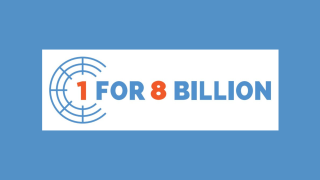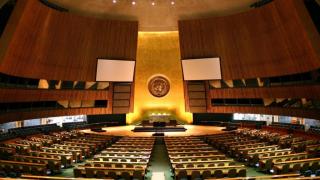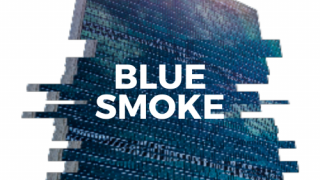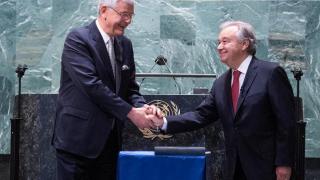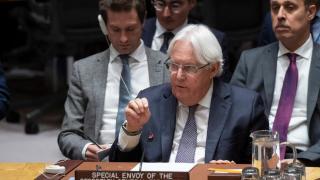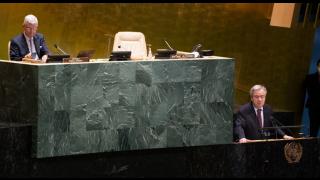With the opening of the 71st Session of the UN General Assembly in New York this week, UNA-UK's Executive Director, Natalie Samarasinghe took the opportunity to speak to a range of media outlets on the need for a stronger United Nations, better UN leadership, and why support for the organisation remains key amid today's multitude of global challenges.
In interviews with the Washington Post, Al Jazeera English, BBC News, Monocle 24 and Politico, Natalie underlined the following priorities for strengthening the United Nations.
A strong UN leader
This year’s annual General Debate of the UN General Assembly opened against the backdrop of ongoing deliberations in the Security Council over who should succeed Ban Ki-moon as the next Secretary-General. As co-founder of the 1 for 7 Billion campaign, UNA-UK has persistently called for a more open and transparent process which is based on merit rather than political wheeling and dealing.
In an interview with The Washington Post, Natalie emphasised the importance of an effective leader to a United Nations that is straining under the weight of international crises:
There are very few problems we face at the moment that don’t require an international response... The Secretary-General can provide sorely needed leadership.
Speaking to Politico, Natalie reiterated UNA-UK’s push for a fairer selection process, pointing to the success of the 1 for 7 Billion campaign in triggering open dialogues and televised debates between candidates, states and civil society. However, Natalie recognised that the ultimate decision still remains under the control of a few powerful countries:
In terms of transparency, we have won an overwhelming victory, but in terms of outcome, which is the big prize, the decision is still in the hands of the Security Council
Merit-based appointments
During a panel debate on Al Jazeera English's programme, Inside Story, the UN came under fire from former UN investigator Peter Anthony Gallo, who described "a culture of impunity" among UN personnel, pointing to alleged abuses by peacekeepers as an example. Agreeing on the need for greater accountability, Natalie said that better leadership and management was crucial. A Secretary-General appointed with a broad mandate (ideally for a single term of office), rather than through political bargaining, would have more scope to make other senior appointments on merit.
The UN's chief appoints a lot of heads of agencies and heads of departments. Those appointments have been fiercely political in the past and we want to open them up and transform them so that the UN can make progress.
Natalie elaborated on the political nature of these appointments during a radio interview with Monocle 24, where she noted that senior leadership at the UN is often awarded to individuals as a result of "deal-making between countries, so you end up having poor performers in positions of power".
A new approach to migration
Emphasising the decisive role that member states play in setting the UN's agenda, Natalie expressed her disappointment to Al Jazeera that all too often, the UN is unable to act on important issues because there is a failure among states to reach consensus. She argued that it is therefore within the hands of states to bolster the UN's impact:
“The single thing that would make the biggest difference at the UN is if states put it under pressure to do the right thing and supported it”
This responsibility of member states is particularly pertinent in the wake of Monday’s UN General Assembly high-level summit "to address large movements of refugees and migrants". There has been much criticism of the UN’s handling of the crisis, but in an interview with BBC News, Natalie highlighted the onus is on states to invest in a coordinated humanitarian response:
Developing countries have been shouldering this burden for years. Nearly 90 per cent of refugees are hosted by developing countries, including some of the world's poorest states. We need to do much more to support them and to share responsibility.
Natalie welcomed the Prime Minister Theresea May’s pledge to increase financial assistance to refugees, but argued that the UK, as a permanent member of the Security Council and one of the world's largest aid donors, is in a position to show greater leadership.
The current approach [to migration] in many rich states raises serious questions about the values we profess to uphold. With regard to refugees, it wastes human potential by prioritising containment in camps over resettlement, and ignores the reasons why people move.

